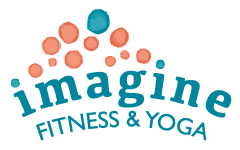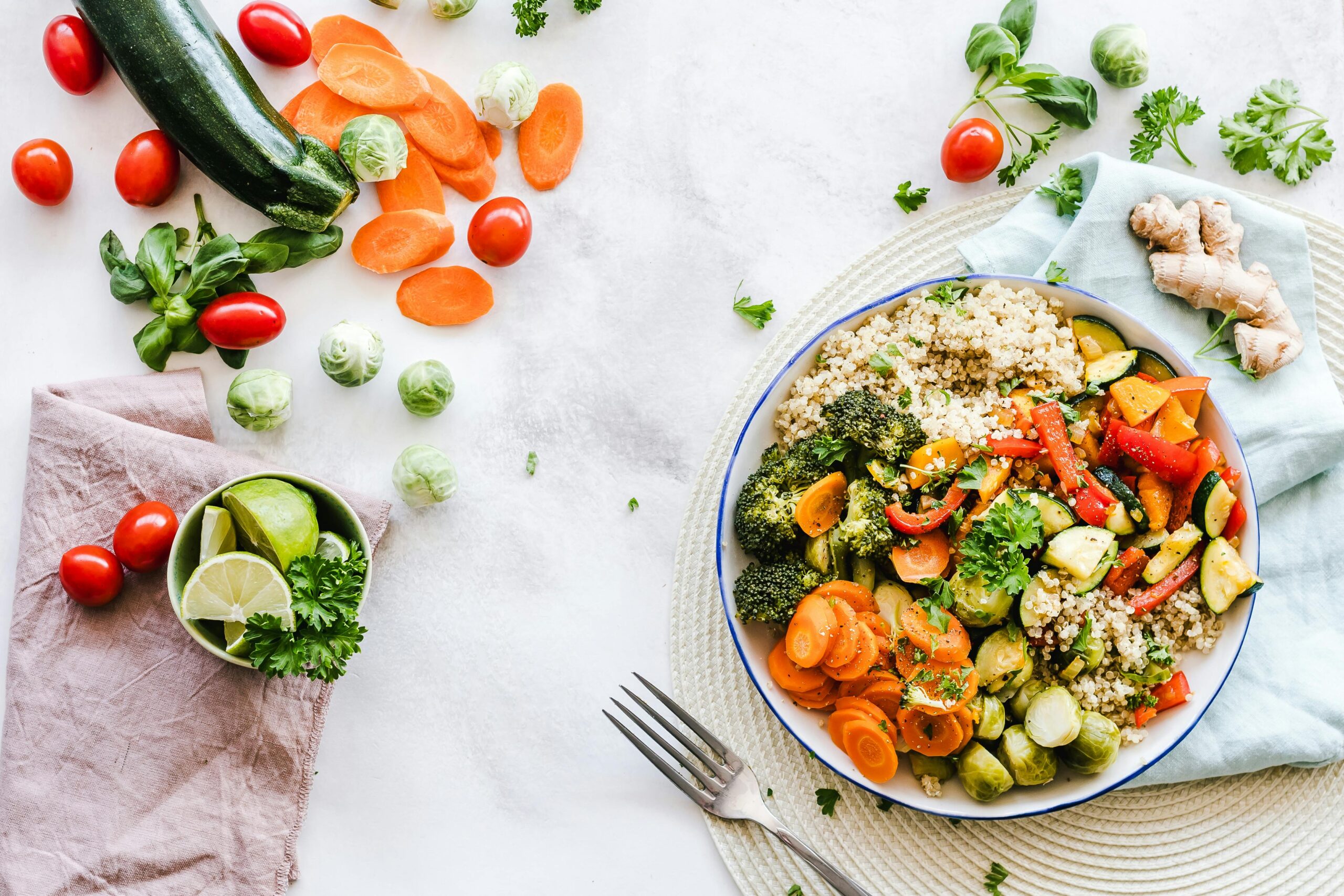We are getting older; we have been since our first breath. Grumbling about aging seems to be just as popular as spending money on anti-wrinkle cream or getting Botox. What if we chose to embrace it, instead of fighting it so hard? What if we modified the activities we love to do and the foods we love to eat to support the age we are, so that we can continue to feel our best?
You didn’t eat like a toddler in your teens, and by your thirties, hopefully, you’d moved on from frat house habits. Each stage of life brings new nutritional needs. As we age, things change, specifically how we can and should care for ourselves. Nutrition is important at every age; it just looks a little different as time goes on. Many studies confirm that eating well and being active can make a dramatic difference in the quality of life for older adults [AND, 2020].
MUSCLE:
As we age we tend to begin losing muscle mass, especially in women. Without adequate protein, our muscles can weaken over time, making everyday activities like climbing stairs or carrying groceries more difficult. It is important when trying to build or maintain muscle to make sure you are eating enough protein throughout the day. Protein is the building block for lean muscle. Without it, how will your muscles recover from your morning workout? It is easy to have a protein-heavy breakfast or dinner, but it is important to spread your protein intake throughout the day so your body can utilize it most effectively. Try This: Add a source of protein to your next snack — like a boiled egg, Greek yogurt, or a handful of edamame!
HYDRATION:
Most people know they should drink more water, but did you know that our sense of thirst actually declines as we age? That means older adults may not feel thirsty, even when they need fluids. This makes hydration a sneaky but serious part of nutrition as we get older.
Hydration Tip: Keep a water bottle with you and aim for small sips throughout the day. Don’t wait until you feel thirsty!
NUTRIENTS:
Older adults also need to pay close attention to nutrients that support bone health, specifically calcium and vitamin D. As adults age, they require fewer total calories but higher amounts of certain nutrients, particularly calcium and vitamin D [AND, 2020]. Calcium is good for strong bones, but did you know that vitamin D helps your body absorb calcium from the food you eat. Getting enough vitamin D is just as important as calcium when it comes to maintaining strong bones. Adults and older individuals who don’t get enough calcium in their diet or have low vitamin D levels are at greater risk for developing osteoporosis and experiencing fragility fractures — a concern that’s steadily rising around the world [GBD Fracture Collaborators, 2021]. Fortunately, adding calcium and vitamin D rich foods such as dairy, leafy greens, fortified plant milks, and fatty fish to your meals, along with regular sunlight exposure or supplements when needed, can help protect your bones and keep you strong as you age.
By making small, intentional choices with food and movement, we can stay strong, energized, and well-nourished through every stage of life.
Wishing you wellness,
Anna Carne, Dietetics Student
Eastern Michigan University
Sources:
Academy of Nutrition and Dietetics. (2020). Healthy Weights for Healthy Older Adults.
eatright.org
GBD Fracture Collaborators. (2021). Global burden of bone fractures in 204 countries
and territories, 1990–2019. The Lancet Healthy Longevity, 2(8), e580–e592.
https://doi.org/10.1016/S2666-7568(21)00172-0


